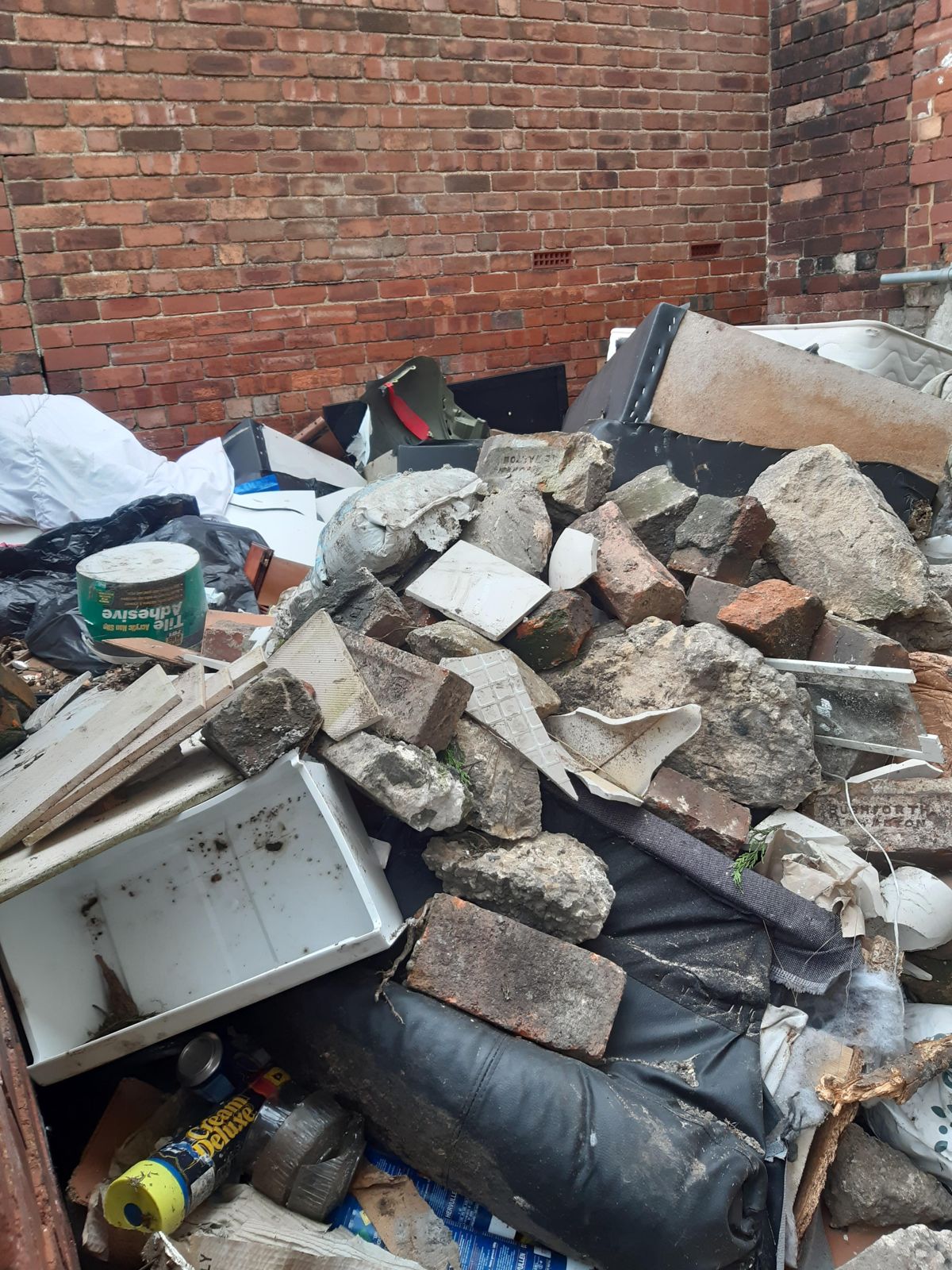The sentencing of builder David Dixon in Leeds for illegally disposing of building waste highlights the city’s commitment to combating environmental crimes like fly tipping. With a six-week suspended prison term and a nearly £300 fine, Dixon’s case serves as a warning about the repercussions of irresponsible waste management, while the new Leeds Accredited Waste Carrier Scheme (LAWCS) aims to promote responsible waste disposal practices among residents.
What are the consequences of illegal waste disposal in Leeds?
David Dixon, a builder in Leeds, was sentenced to a six-week suspended prison term and fined nearly £300 for illegally disposing of building waste, an act known as fly tipping. Leeds City Council’s enforcement and the new Leeds Accredited Waste Carrier Scheme (LAWCS) underscore the city’s commitment to combating environmental crimes and promoting responsible waste management.
The Incident of Illegal Waste Disposal
In the urban landscapes of Leeds, concerns over environmental sustainability and cleanliness are paramount to the community’s well-being. It was within this backdrop that a builder, David Dixon, was apprehended following a blatant act of environmental disregard. Cameras captured him as he disposed of building waste in a bin yard plagued by rodents. This act of fly tipping, a term for illegal waste dumping, drew the ire of local residents and authorities alike. Dixon, a resident of Nansen Grove in Bramley, was not a first-time offender, having a similar conviction dated back to 2010. It was a concerned neighbor’s vigilance that brought his actions to light, prompting swift intervention from Leeds City Council’s serious environmental crime team. They were able to trace the waste back to Dixon through meticulous investigation involving his vehicle identification.
The repercussions for the deed were severe, as the court meted out a six-week prison sentence, suspended for half a year. This punishment was compounded by Dixon’s reticence during the investigation and his recurrent absence from court proceedings. His transgressions culminated in his arrest and subsequent court appearance in late February. Beyond the suspended sentence, Dixon faced a monetary penalty, with court costs and a victim surcharge totaling nearly £300, a sum further amplified by his outstanding court fines.
The Fight Against Fly Tipping
Leeds City Council’s steadfast campaign against fly tipping bears fruit, evidenced by a notable 15% decrease in reported incidents within the city over the past year, a figure that starkly contrasts the national average. Such success is attributable to the council’s comprehensive strategies and the active participation of residents, who not only ensure proper waste disposal but also assist in the identification and prosecution of offenders. The forthcoming Leeds Accredited Waste Carrier Scheme (LAWCS) represents the council’s latest initiative, a novel program aimed at aiding residents in their quest for legitimate and conscientious waste carriers. This scheme promises to be a significant step towards maintaining the city’s cleanliness and environmental integrity.
Councillor Mohammed Rafique, a figurehead for environmental concerns within Leeds City Council, expressed a sentiment of pride in the city’s achievements in combating fly tipping. He extended gratitude to the community for its role in these efforts and reiterated the council’s uncompromising stance on environmental crimes. The prosecution of Dixon serves as a stark admonition to potential offenders, reinforcing the council’s commitment to deterring such behavior. The council’s zero-tolerance policy parallels its understanding that most residents aspire to responsible waste disposal, a principle LAWCS will soon embody and facilitate.
The Importance of Responsible Waste Management
The implications of Dixon’s sentence extend beyond the individual; they underscore a broader narrative about the significance of responsible waste management in urban areas. Leeds City Council’s initiatives reflect an acknowledgment of this significance and a dedication to fostering an environment where legal and ethical standards govern waste disposal. The council’s concerted efforts, including LAWCS and other enforcement activities, aim to cultivate a culture of accountability. The anticipated launch of LAWCS stands as a testament to the council’s innovative approach, one that not only confronts the challenge of fly tipping head-on but also equips residents with the tools to make informed decisions about waste management.
The LAWCS platform is poised to become a crucial resource for Leeds’ inhabitants, affording them access to verified waste carriers who adhere to legal and environmental standards. This scheme, coupled with stringent law enforcement and community engagement, is pivotal in the ongoing campaign against environmental crimes. Residents interested in learning more about LAWCS and how to engage with the scheme can visit the Leeds Directory website for additional information and to understand the full scope of the services offered.
In the wake of such incidents, it is clear that adherence to environmental regulations is not merely a legal obligation but a societal responsibility. The case of David Dixon serves as a reminder of the consequences that follow when individuals neglect this duty. It is through collective vigilance and the promotion of schemes like LAWCS that Leeds continues to forge a path towards a cleaner, more sustainable future.
For more details on the Leeds Accredited Waste Carrier Scheme and to explore the directory of approved service providers, please visit Leeds Directory – LAWCS.
- David Dixon, a builder in Leeds, was sentenced to a six-week suspended prison term and fined nearly £300 for illegally disposing of building waste, known as fly tipping.
- Leeds City Council’s enforcement and the Leeds Accredited Waste Carrier Scheme (LAWCS) demonstrate the city’s commitment to combating environmental crimes and promoting responsible waste management.
- The success of Leeds City Council’s campaign against fly tipping is evident in a 15% decrease in reported incidents within the city over the past year.
- The forthcoming LAWCS initiative aims to aid residents in identifying legitimate waste carriers to ensure proper waste disposal practices.
- Councillor Mohammed Rafique praised the community for its role in combating fly tipping and reiterated the council’s zero-tolerance policy towards environmental crimes.
